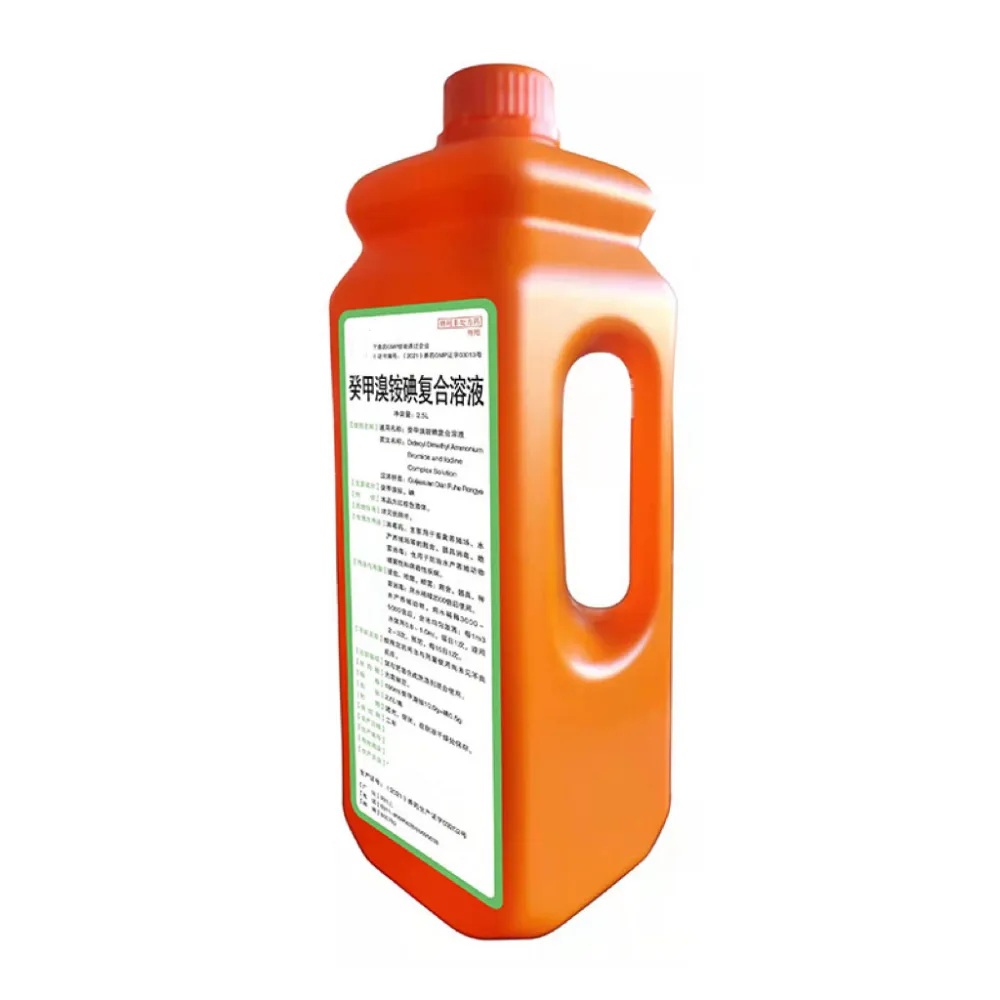- Afrikaans
- Albanian
- Amharic
- Arabic
- Armenian
- Azerbaijani
- Basque
- Belarusian
- Bengali
- Bosnian
- Bulgarian
- Catalan
- Cebuano
- Corsican
- Croatian
- Czech
- Danish
- Dutch
- English
- Esperanto
- Estonian
- Finnish
- French
- Frisian
- Galician
- Georgian
- German
- Greek
- Gujarati
- Haitian Creole
- hausa
- hawaiian
- Hebrew
- Hindi
- Miao
- Hungarian
- Icelandic
- igbo
- Indonesian
- irish
- Italian
- Japanese
- Javanese
- Kannada
- kazakh
- Khmer
- Rwandese
- Korean
- Kurdish
- Kyrgyz
- Lao
- Latin
- Latvian
- Lithuanian
- Luxembourgish
- Macedonian
- Malgashi
- Malay
- Malayalam
- Maltese
- Maori
- Marathi
- Mongolian
- Myanmar
- Nepali
- Norwegian
- Norwegian
- Occitan
- Pashto
- Persian
- Polish
- Portuguese
- Punjabi
- Romanian
- Russian
- Samoan
- Scottish Gaelic
- Serbian
- Sesotho
- Shona
- Sindhi
- Sinhala
- Slovak
- Slovenian
- Somali
- Spanish
- Sundanese
- Swahili
- Swedish
- Tagalog
- Tajik
- Tamil
- Tatar
- Telugu
- Thai
- Turkish
- Turkmen
- Ukrainian
- Urdu
- Uighur
- Uzbek
- Vietnamese
- Welsh
- Bantu
- Yiddish
- Yoruba
- Zulu
Авг . 16, 2024 14:36 Back to list
Understanding the Role of Protein in Animal Nutrition for Optimal Growth and Health
Animal Nutrition The Importance of Protein
Animal nutrition is a crucial aspect of veterinary science, livestock management, and pet care. Among the various nutrients required for optimal health and performance in animals, protein stands out as one of the most important. This article explores the significance of protein in animal nutrition, its sources, functions, and the implications of protein deficiency or excess.
Proteins are macromolecules composed of amino acids, which are the building blocks of tissues in animals. They play a pivotal role in growth, maintenance, and repair of body tissues. In young animals, adequate protein is vital for proper development, while in mature animals, proteins are essential for repairing tissues, supporting immune function, and producing hormones and enzymes.
Animal Nutrition The Importance of Protein
Different animals have varied protein requirements based on their species, age, size, and purpose. For instance, lactating dairy cows require higher protein levels than idle adult cows to support milk production. Similarly, growing pigs have distinct protein needs compared to adult pigs to maximize growth rates. A carefully formulated diet takes these factors into account, ensuring that animals receive sufficient protein to meet their physiological demands.
animal nutrition protein

The quality of protein is also significant in animal nutrition. Protein sources are rated based on the amino acid profile they provide. Some amino acids are termed essential because animals cannot synthesize them and must obtain them through their diet. For instance, lysine, methionine, and threonine are essential amino acids for many livestock species. A balanced diet that meets the amino acid needs is crucial for promoting optimal health and performance.
Conversely, protein deficiency can have severe consequences for animals. Insufficient protein intake can lead to stunted growth, poor reproduction, weakened immune systems, and overall reduced productivity. In extreme cases, it may cause a condition known as “protein-energy malnutrition,” characterized by muscle wasting and a general decline in health.
However, it is also important to consider the implications of excessive protein consumption. Overfeeding protein, especially in companion animals like dogs and cats, can lead to health problems such as obesity, kidney stress, and imbalances in nutrient intake. Therefore, understanding an animal's specific nutritional needs and adjusting protein levels accordingly is essential in preventing both deficiency and excess.
In conclusion, protein is an indispensable component of animal nutrition. Its role in growth, maintenance, and overall health highlights the necessity of including adequate and high-quality protein sources in animal diets. Careful consideration of the specific needs of each animal species and life stage is vital to ensure that they thrive and perform at their best. As we continue to advance in the field of animal nutrition, ongoing research and development will play a significant role in enhancing our understanding of protein needs and improving the overall health of animals across the globe.
-
Guide to Oxytetracycline Injection
NewsMar.27,2025
-
Guide to Colistin Sulphate
NewsMar.27,2025
-
Gentamicin Sulfate: Uses, Price, And Key Information
NewsMar.27,2025
-
Enrofloxacin Injection: Uses, Price, And Supplier Information
NewsMar.27,2025
-
Dexamethasone Sodium Phosphate Injection: Uses, Price, And Key Information
NewsMar.27,2025
-
Albendazole Tablet: Uses, Dosage, Cost, And Key Information
NewsMar.27,2025













